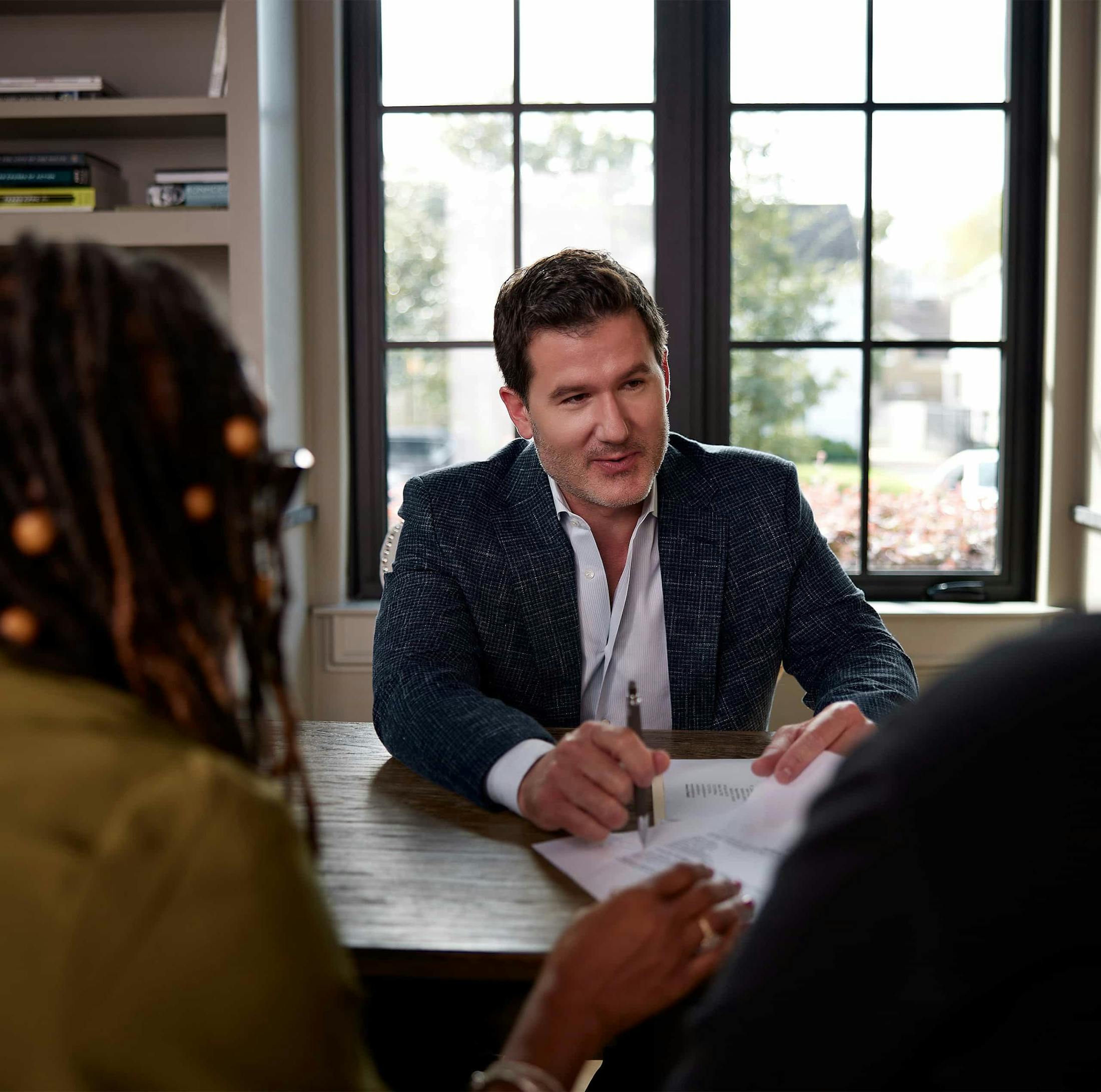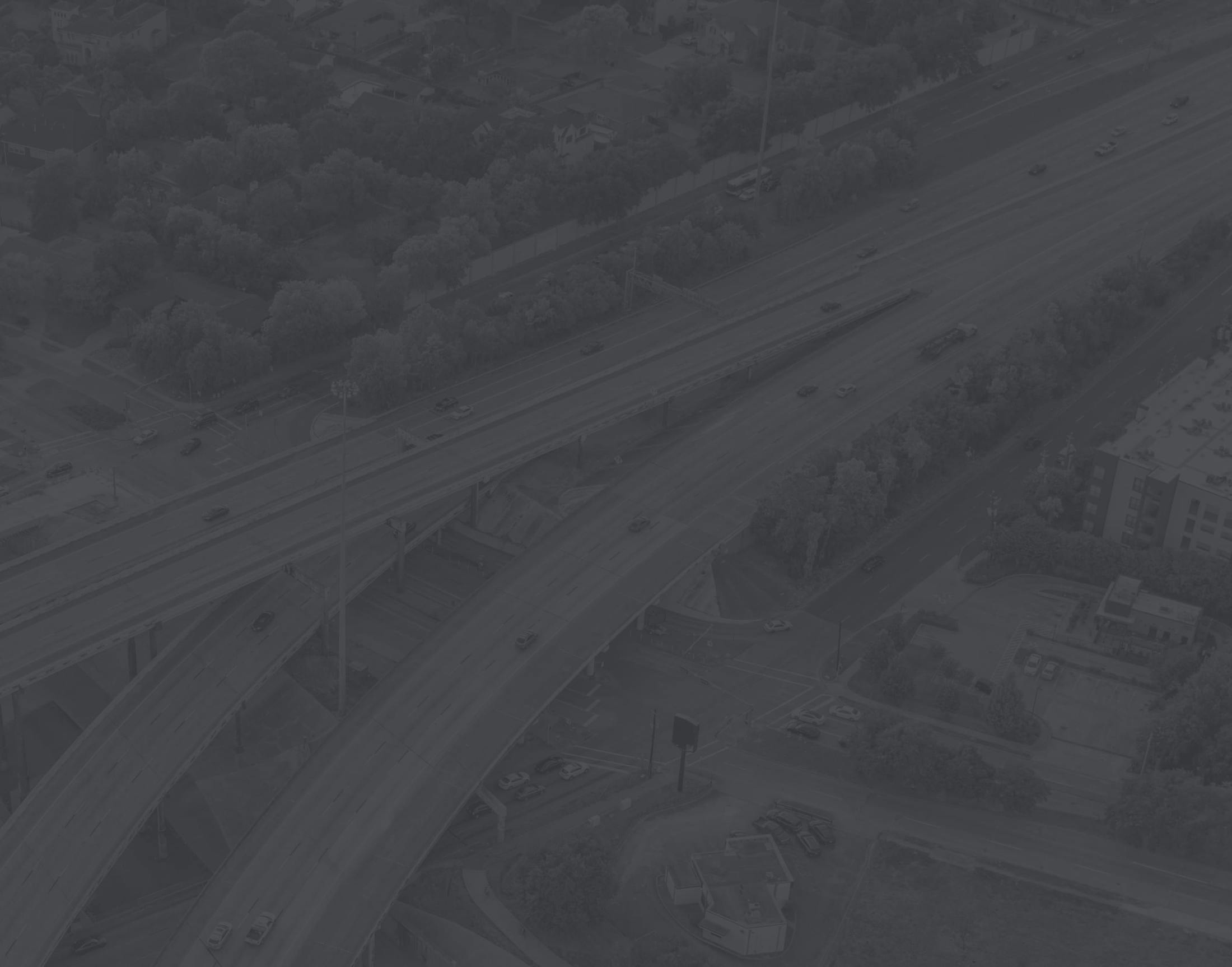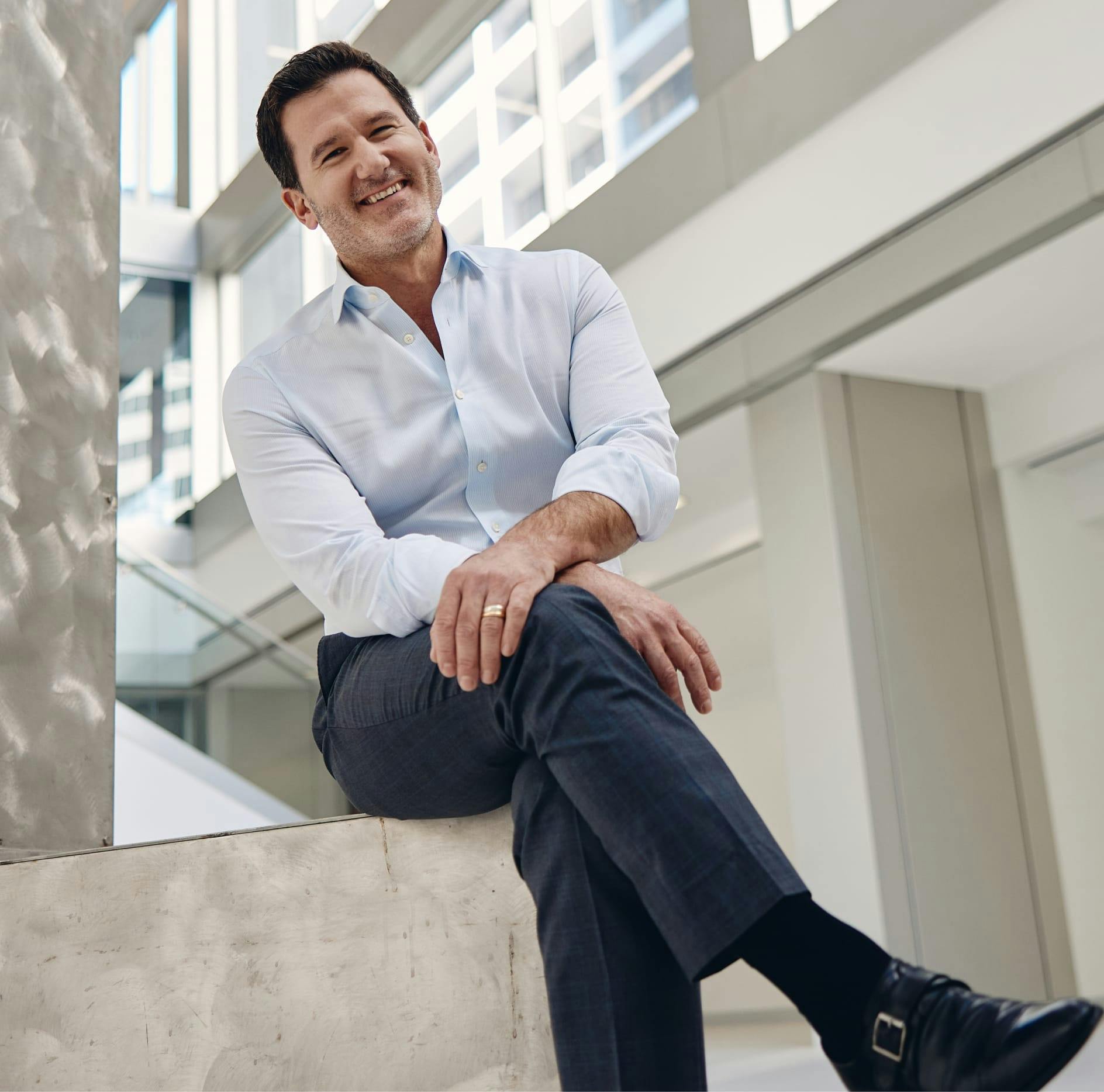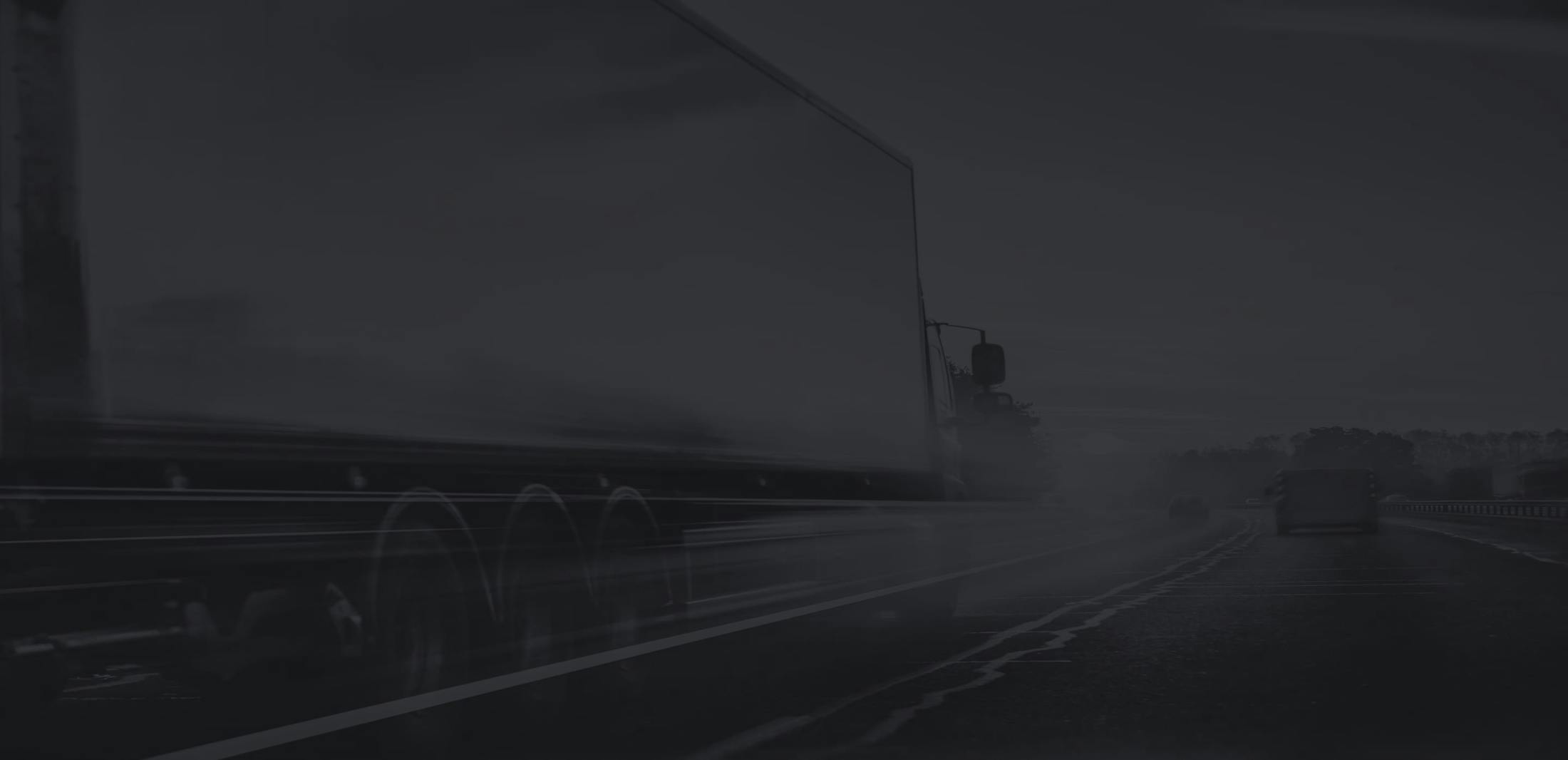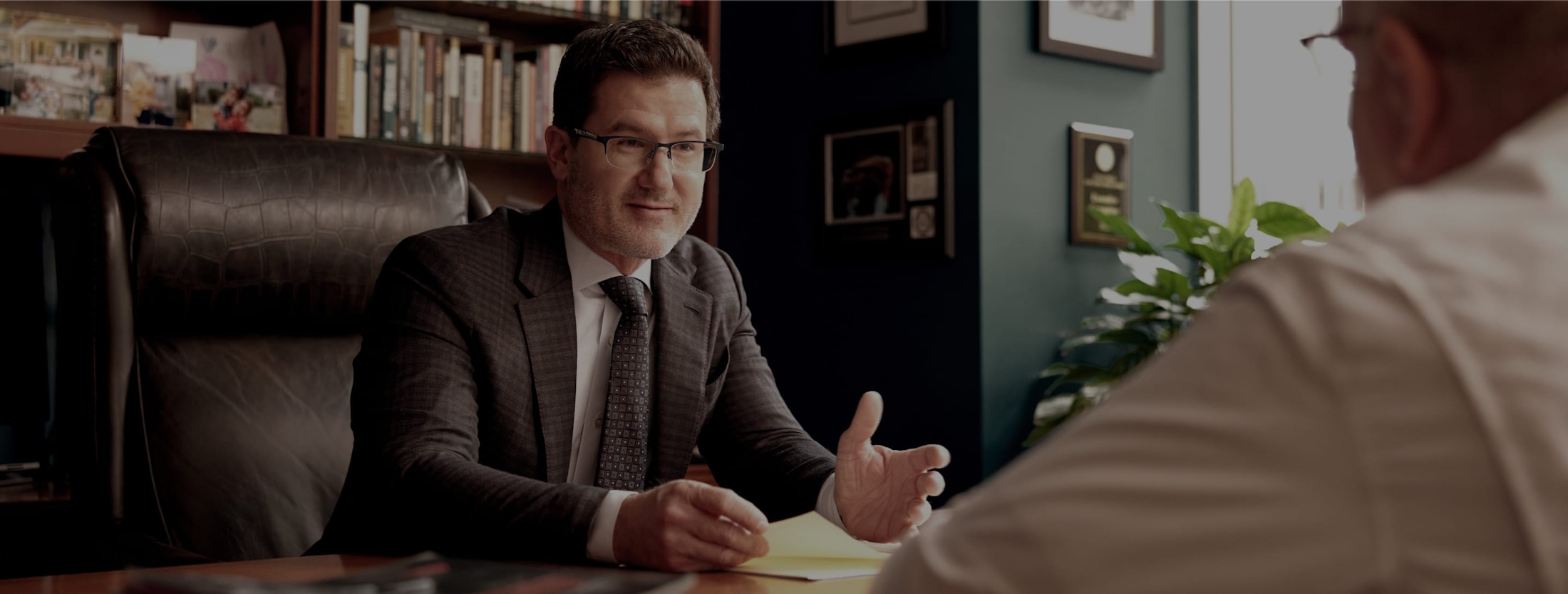Head-On Collisions
A head-on collision is a type of accident that occurs when the front of two vehicles crashes into one another when traveling in opposite directions. They are reported to be responsible for about 10% of crash-related deaths in the United States. Some common causes of a head-on collision include driving while intoxicated, fatigue, distracted driving, and road hazards. Drivers involved in this type of accident can sustain serious injuries or even worse.
Fender Benders
One of the most common types of car accidents is a fender bender. While this is considered a minor accident, it typically causes vehicle damage, with rarely any serious injuries sustained by the drivers and or passengers. Those involved in the accident may experience whiplash, injuries to the arm and wrist, and back pain. Fender benders occur at low speeds and are a result of distracted driving, navigating crowded spaces like parking lots, and more.
Rear-End Collision
A rear-end collision is the consequence of one vehicle crashing into the back of another vehicle. In most instances, the driver who rear-ends another is at fault due to unsafe driving behaviors like tailgating. However, there are some situations where the vehicle in front acts with negligence. This includes when a driver decides to reverse suddenly and without warning, fails to fix broken brake lights or other mechanical malfunctions, and brake checks.
Uber/Lyft/Taxi Accidents
With more people utilizing rideshare services, like Uber and Lyft, as well as taxis for travel, traffic has increased on the roads. Different types of accidents involving a passenger can range in severity, and accident liability is determined by whose vehicle hits whose. Accidents involving rideshare companies or taxis can become a little complicated when it comes to obtaining compensation, which is why it's important to hire an expert attorney.
Sideswipe Collisions
When two vehicles are driving next to each other, and the left side of one vehicle collides with the right side of the other, this is called a sideswipe accident or collision. The culprits of these accidents are changing lanes without checking blind spots, merging into another lane without caution, distracted driving due to texting, eating, or drinking, driving while intoxicated, aggressive driving, and fatigue. This type of accident can involve multiple vehicles, resulting in critical injuries.
Rollover Accidents
Rollover accidents are among some of the most severe and can result in traumatic injuries and fatalities. While it’s true that larger vehicles tend to be involved with rollover crashes, vehicles of any size have the capability to roll over, given the circumstances. Some causes that lead to this type of accident include tripping (striking into soft soil, a guardrail, or a curb), inclement weather conditions, speeding, driving while impaired, design and manufacturing defects, and poor road conditions.
Side Impact Accidents
Also referred to as a T-bone accident, a side impact accident happens when the front of a driver’s vehicle hits another vehicle from the side. Severe injuries, as well as fatalities, may occur due to the lack of a structural barrier at the point of impact. Side impact collisions are commonly caused by driving while intoxicated, engaging in distracted driving behaviors, poor weather conditions, failing to obey traffic signals and signs, and speeding.
Failure to Yield Accidents
When drivers fail to adhere to traffic laws, serious ramifications can transpire. Yielding to other drivers in certain situations is not only the law but also prevents accidents and serious injuries from happening. Examples include failing to yield to oncoming traffic when making an unprotected turn, engaging in aggressive driving while merging onto a freeway or highway, disobeying flashing yellow or red lights, and more. It is typical for the victim of the crash to collide with the vehicle that has failed to yield.
Chain Reaction Accidents
A chain reaction accident involves multiple vehicles and may occur because of the carelessness of more than one driver. Rear-end accidents are the outcome of a vehicle forcefully colliding with one car, causing it to hit another. These accidents usually involve more than two vehicles. Causes of chain reaction accidents include distracted driving, aggressive driving, impaired driving, and inclement weather. Oftentimes, drivers do not keep a safe distance from other vehicles, which can also contribute to the impact of a chain reaction accident.
Teen Driver Accidents
Teenagers are given the opportunity to receive their driver’s license at 16 upon taking their permit test and passing their driving test. Many teenage driving accidents occur because of lack of experience, forms of distracted driving like texting, eating, or changing the radio station, reckless driving, driving with other teenage passengers, and more. It has been reported that car accidents are the leading cause of fatalities among teenagers in the United States.
Older Adult Driver Accidents
As seniors age, operating a vehicle can become more challenging due to various health conditions. Although they may want to exert their independence, they are more at risk of endangering themselves and others on the road. While most states require elderly drivers to renew their licenses and undergo vision tests, accidents can still occur that can consequently cause serious injuries or even fatalities. If another driver is responsible, the elderly driver or their family may receive compensation.
Self-Driving Car Accidents
Self-driving vehicles navigate the road without human input. While they’re supposed to operate safely without the need for human intervention, these vehicles, like any other, can still be subject to accidents. Most self-driving car accidents are, in fact, due to human error. In the event that there is a road hazard or another traffic situation, the car may not be able to respond properly, which may result in an accident. Determining who is liable for the accident can often be difficult as there are different factors to consider.
Uninsured Car Accidents
When purchasing a car, drivers are responsible for making sure they are covered by an auto insurance policy. This type of insurance protects drivers when unexpected events occur, including car accidents. In situations where there is an accident, and one driver fails to provide insurance information, an uninsured motorist claim may be filed on the other driver’s car insurance policy. Some drivers don’t purchase insurance because they simply can’t afford it. In these circumstances, it is important to have help from an expert attorney.
Employer Liability for Car Accidents
When an employee is performing a job-related task and gets into a car accident, the employer may be responsible if a victim sustains any injuries. This is often referred to as vicarious liability. Many professions that drive on behalf of their employers include food delivery drivers, truck drivers, construction workers, bus drivers, and more. Though a driver may not be operating a company-owned vehicle, the employer may still be liable.
Hit-and-Run Accidents
Hit-and-run accidents happen when a driver of a vehicle hits another vehicle, pedestrian, or object and flees the scene. Leaving the scene of an accident without providing proper identification or seeking medical attention for those affected is a crime. Drivers may choose to leave after a hit-and-run accident due to being uninsured, driving while under the influence of alcohol or drugs, being previously convicted of another crime, experiencing fear or confusion, or being involved in a car chase.
Bus Accidents
Buses help numerous people commute to their destination every day, and unfortunately, they are not insusceptible to car accidents. Bus accidents can cause serious injuries, as many do not provide safety equipment, like seatbelts, and oftentimes, passengers are forced to stand due to the lack of available seating. The size of buses puts them at more risk for rollover accidents. Common causes of bus accidents include poor road conditions, bad weather, reckless driving, and more.


